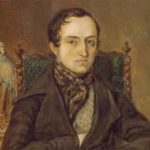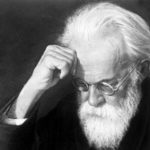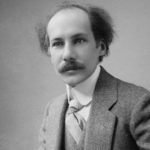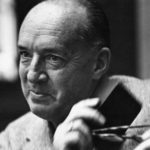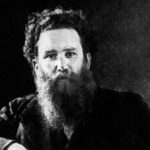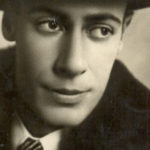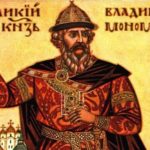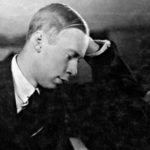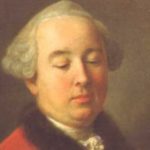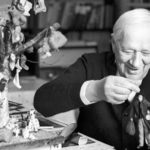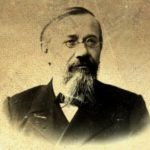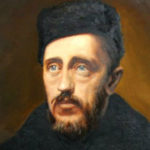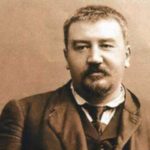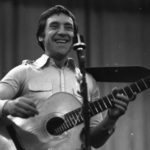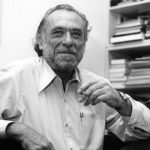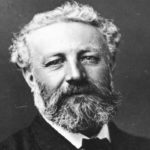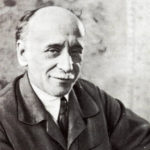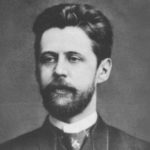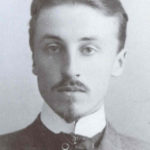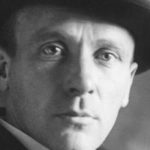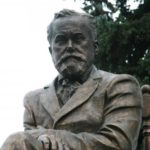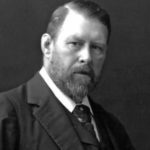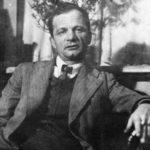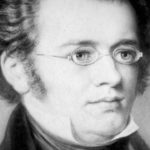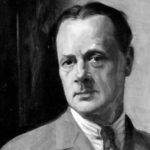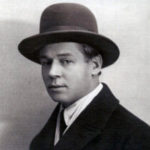Facts from the life of Vladimir Gilyarovsky
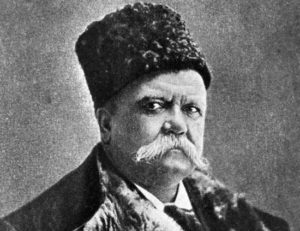 Vladimir Gilyarovsky had an amazing talent for describing the most seemingly familiar things in a beautiful language. Partly thanks to him, detailed and reliable information about life in Moscow of the 19th century reached us, because most of his creative potential was focused on the description of those years. Yes, and he made publications very interesting, and many enjoy reading them in our time.
Vladimir Gilyarovsky had an amazing talent for describing the most seemingly familiar things in a beautiful language. Partly thanks to him, detailed and reliable information about life in Moscow of the 19th century reached us, because most of his creative potential was focused on the description of those years. Yes, and he made publications very interesting, and many enjoy reading them in our time.
In the first class, the gymnasium of the future journalist and writer was left for the second year. Most likely, because of the behavior, rather than poor academic performance.
In his youth, he clashed with teachers, composed on them caustic and snide epigrams.
Having mastered French early, Gilyarovsky began to translate French poetry into Russian while still at the gymnasium.
At about the same time, he struck up a conversation with the exiled populists. Thanks to them, he met with Chernyshevsky’s famous novel “What to do?”.
In 1871, Gilyarovsky failed the gymnasium exam, after which, burning with shame, he ran away from home without taking any money or documents with him.
He managed to work as a port loader and barge hauler, and later entered military service. From there he was sent to the cadet school, but there Gilyarovsky lasted only about a month, after which he was returned to serve in the regiment because of problems with discipline. However, the future writer solved this problem by leaving the service.
For many years he was friends with A.P. Chekhov, right up until his death.
During the Russian-Turkish war, Gilyarovsky again went to serve. Then he wrote his first poems and sketches, sending them to his father. In 1873 his first poem was published in Vologda, but the author himself only found out about this five years later.
The first book of the writer was called “Slum People.” However, the first edition was withdrawn and burned before it went on sale. As a result, she saw the light only 70 years later.
Gilyarovsky was present at the coronation of Nicholas II on the Khodynka field, where he miraculously survived in a monstrous crush that took the lives of many people.
During his lifetime, he became widely known as a journalist and reporter. His notes and essays, both serious and satirical, were published in a variety of journals. The editorial staff with whom he worked called him “Uncle Guilai.”
In the last years of his life, Gilyarovsky lost his sight, but continued to write.
In Moscow, Vologda and Tambov there are streets named after him.
Also the name of Gilyarovsky is one of the small planets in our solar system.

